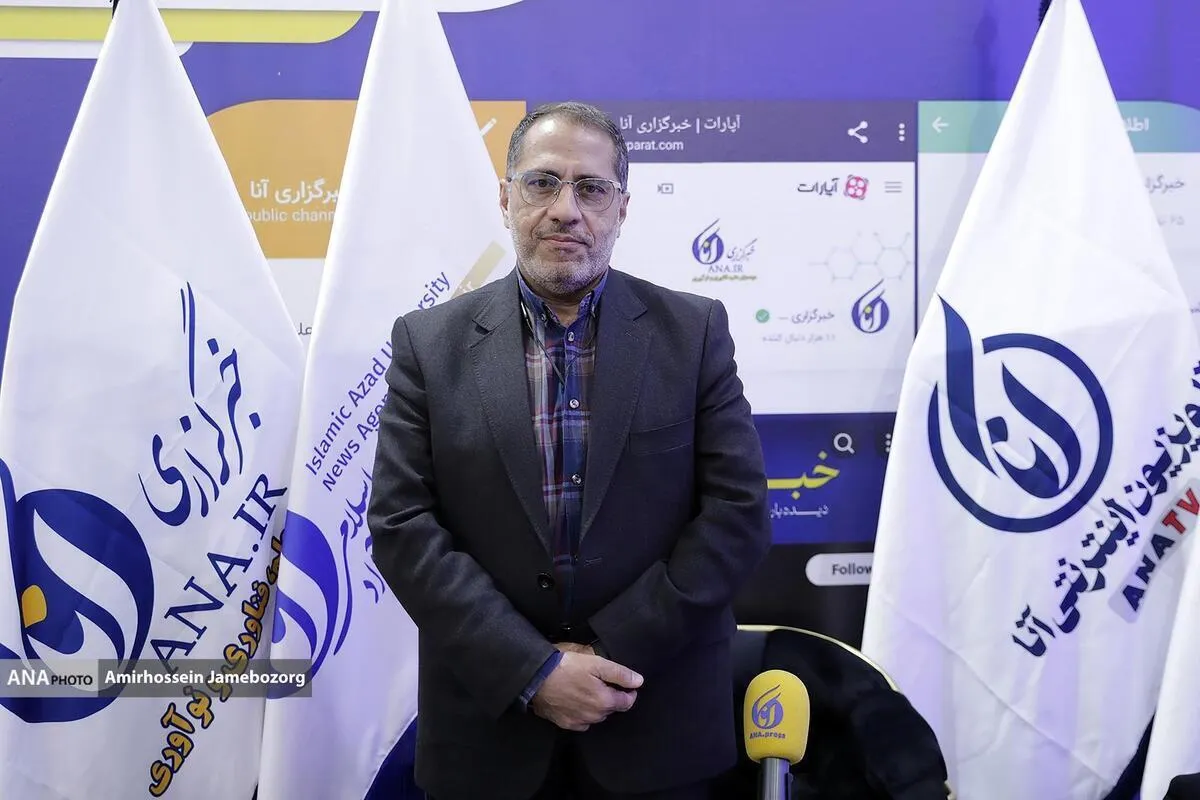Iran’s Blood Transfusion Organization Using New NAT Technology

“One of the new technologies of the Blood Transfusion Organization is the NAT screening test, which is a molecular test for detecting viral diseases like hepatitis B, hepatitis C, and AIDS. Early detection of viral diseases and contamination in the blood increases blood safety and shortens the time it takes for the virus to enter the laboratory,” Abdollah Salek Moqaddam told ANA.
He added that at present, the NAT test is being conducted only in Tehran, and it will be performed in other parts of the country in two months.
Salek Moqaddam also said that antibody screening in donated blood is being performed in developed countries of the world, adding, “Fortunately, devices related to this technology have been provided to all provinces of the country, and this screening test will be operational in the next few days.”
NAT is a molecular technique for screening blood donations to reduce the risk of transfusion transmitted infections (TTIs) in the recipients, thus providing an additional layer of blood safety.
It was introduced in the developed countries in the late 1990s and early 2000s and presently around 33 countries in the world have implemented NAT for human immunodeficiency virus (HIV) and around 27 countries for hepatitis B virus (HBV).
NAT technique is highly sensitive and specific for viral nucleic acids. It is based on amplification of targeted regions of viral ribonucleic acid or deoxyribonucleic acid (DNA) and detects them earlier than the other screening methods thus, narrowing the window period of HIV, HBV and hepatitis C virus (HCV) infections.
NAT also adds the benefit of resolving false reactive donations on serological methods which is very important for donor notification and counseling.
4155/v





















